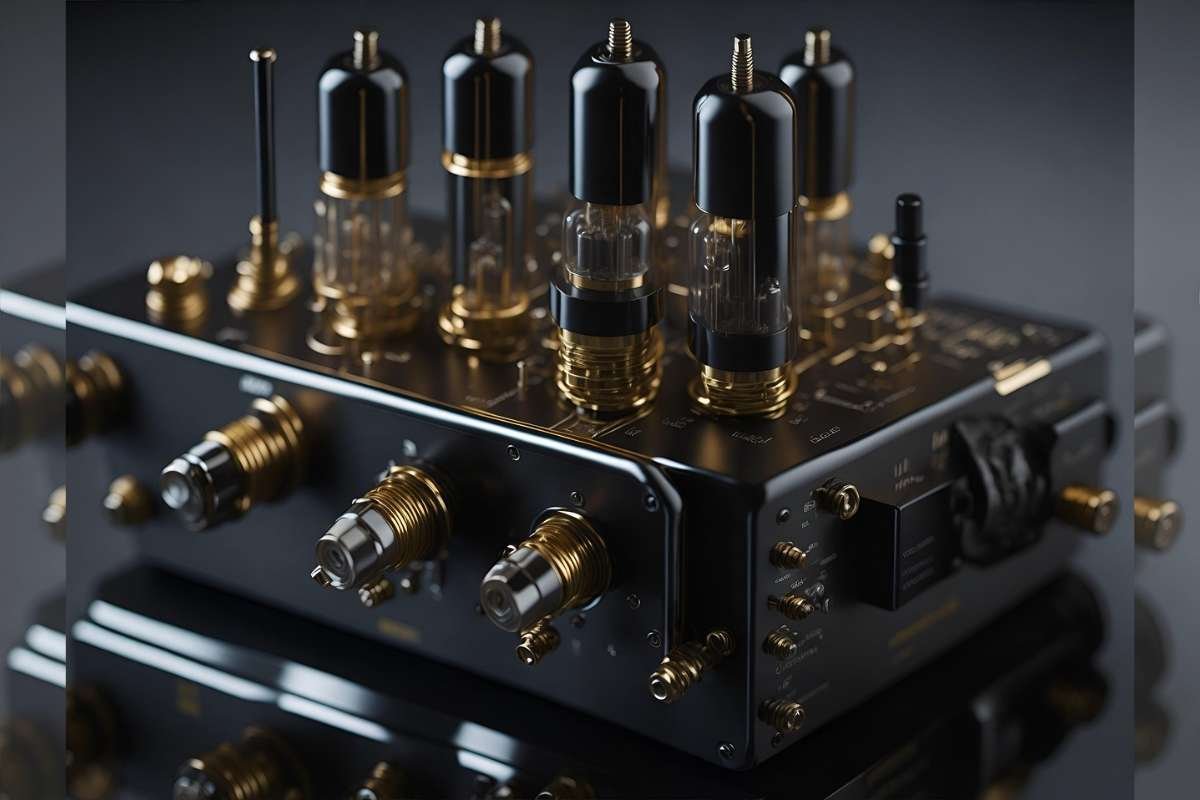Medical devices play a critical role in healthcare, from life-saving equipment like pacemakers to diagnostic tools like MRI machines. Behind every successful medical device is a combination of innovative engineering and rigorous manufacturing processes. Engineering services are the backbone of medical device manufacturing, ensuring that products meet strict regulatory standards, function as intended, and improve patient outcomes.
This article explores how engineering services drive success in medical device manufacturing and why they’re essential for companies in this highly regulated industry.
What Are Engineering Services in Medical Device Manufacturing?
Engineering services in medical device manufacturing encompass a wide range of activities, from product design and development to testing, regulatory compliance, and production optimization. These services bring together engineering expertise, cutting-edge technology, and industry knowledge to create safe, effective, and reliable devices.
In an industry where precision and safety are paramount, engineering services ensure that every device is manufactured to the highest standards, meeting both regulatory requirements and user needs.
Key Contributions of Engineering Services in Medical Device Manufacturing
1. Product Design and Development

At the heart of every medical device is a carefully engineered design. Engineering services focus on creating innovative designs that balance functionality, usability, and manufacturability. The process involves:
- Prototyping: Rapid prototyping tools, such as 3D printing, allow engineers to test designs quickly and cost-effectively.
- Human-Centered Design: Engineers work to ensure devices are intuitive and user-friendly, critical for healthcare professionals and patients alike.
Stat: Studies show that 86% of medical device recalls are related to design flaws. Engineering services help reduce this risk by rigorously testing designs before production begins.
2. Compliance with Regulatory Standards
The medical device industry is one of the most heavily regulated sectors, with strict standards from bodies like the FDA, ISO, and EU MDR. Engineering services ensure devices meet these requirements, covering:
- Risk management (ISO 14971)
- Quality systems (ISO 13485)
- Device classification and testing for FDA approval
For example, engineers develop detailed Design History Files (DHFs) and validation reports to demonstrate that products comply with safety and efficacy standards.
3. Manufacturing Process Optimization
Engineering services also play a crucial role in optimizing the manufacturing process. This involves:
- Automation: Implementing robotics and automated systems to improve efficiency and consistency.
- Lean Manufacturing: Reducing waste and streamlining production to lower costs without compromising quality.
Stat: According to Deloitte, 70% of medical device companies are investing in automation to enhance production efficiency and reduce errors.
4. Testing and Validation
Medical devices undergo rigorous testing to ensure safety and reliability. Engineering services manage these critical steps:
- Verification: Ensuring the device meets design specifications.
- Validation: Confirming that the device performs as intended in real-world conditions.
For example, implantable devices like heart stents undergo extensive fatigue testing to simulate years of use. By identifying potential failure points early, engineers prevent costly recalls and ensure patient safety.
5. Sustaining Engineering and Product Lifecycle Management

The work doesn’t stop once a device hits the market. Sustaining engineering services ensure that products remain compliant with changing regulations and continue to meet user needs. This includes:
- Updating designs to align with new standards
- Improving components to extend device lifespan
- Managing end-of-life transitions for older products
Research by Emergo shows that 58% of medical device companies struggle to maintain compliance as regulations evolve, highlighting the importance of ongoing engineering support.
Challenges in Engineering Services for Medical Devices
While engineering services are essential, they come with unique challenges:
- Regulatory Complexity: Navigating the requirements of multiple regulatory bodies can be time-consuming and resource-intensive.
- Emerging Technologies: Incorporating technologies like AI, IoT, and advanced materials requires specialized expertise.
- Speed to Market: Balancing innovation with rigorous testing and compliance often creates tension between timelines and thoroughness.
How Engineering Services Are Evolving?

As the medical device industry evolves, so do engineering services. Key trends include:
- Digital Twins: Virtual models of devices that simulate real-world conditions, enabling faster testing and iteration.
- Additive Manufacturing: 3D printing is becoming a go-to tool for creating complex components and custom devices.
- Data-Driven Design: Engineers increasingly rely on AI and data analytics to predict performance and optimize designs.
McKinsey predicts that by 2030, the global market for AI-driven engineering tools in medical devices will reach $15 billion, significantly enhancing design and production capabilities.
A Real-World Example
Consider a company developing a wearable glucose monitor. Engineering services play a role at every stage, from creating a compact, ergonomic design to integrating sensors that provide real-time data. The device must meet FDA standards, undergo rigorous testing, and be manufactured at scale—all while maintaining reliability and accuracy. With the support of skilled engineers, the product can move from concept to market efficiently and successfully.
Conclusion
Engineering services are the foundation of innovation and quality in medical device manufacturing. They ensure that products meet stringent safety and regulatory standards while driving efficiency, cost savings, and innovation. As the industry becomes more complex, with advances in technology and increasing regulatory scrutiny, these services will only grow in importance.
For HR or operational leaders in medical device companies, investing in robust engineering services isn’t just a necessity—it’s a strategic move to stay competitive in a rapidly evolving market. Whether it’s designing a life-saving implant or optimizing a production line, the right engineering expertise makes all the difference.


















